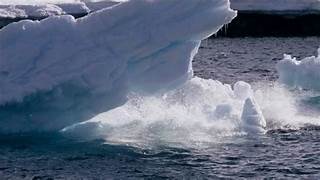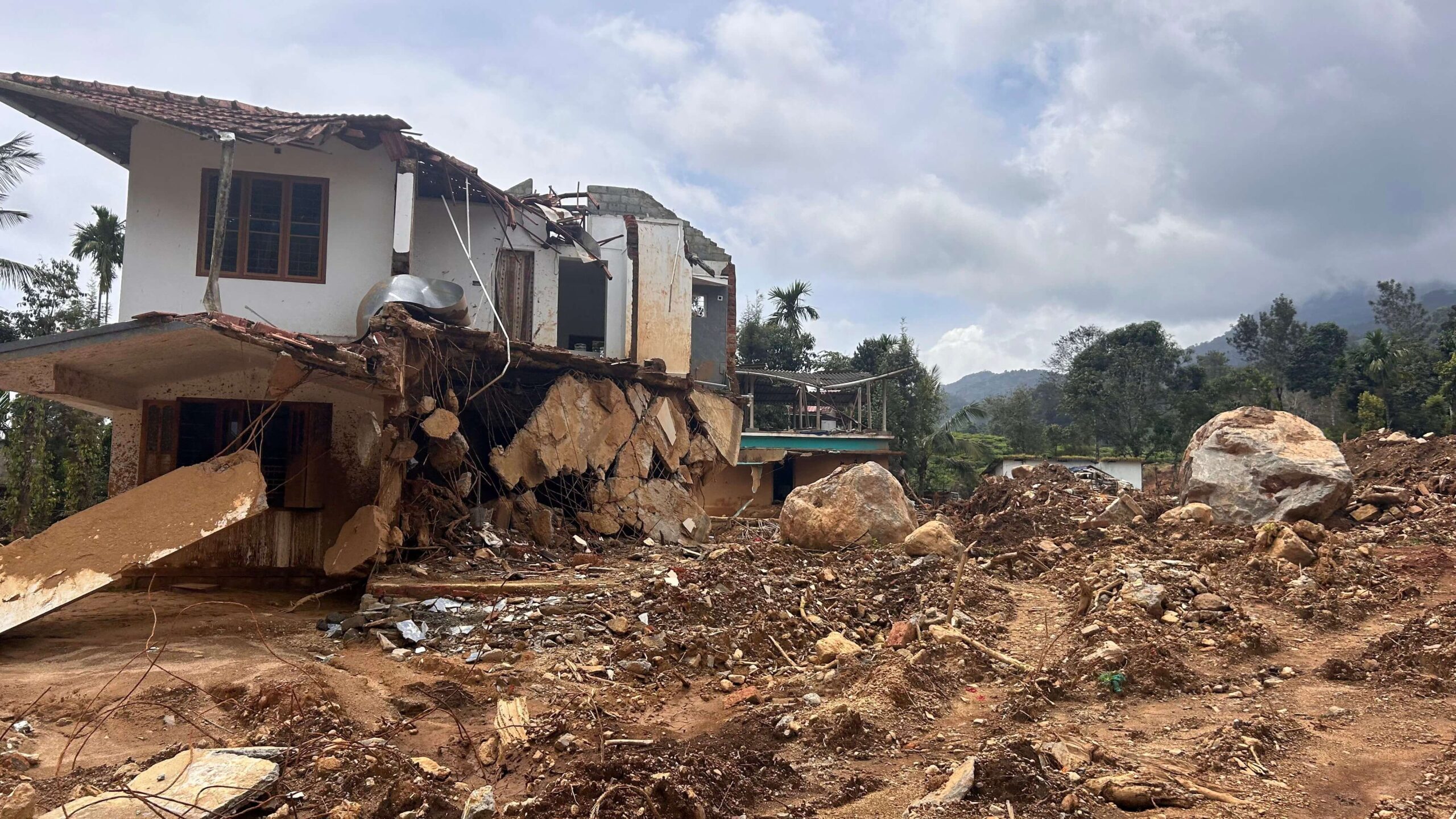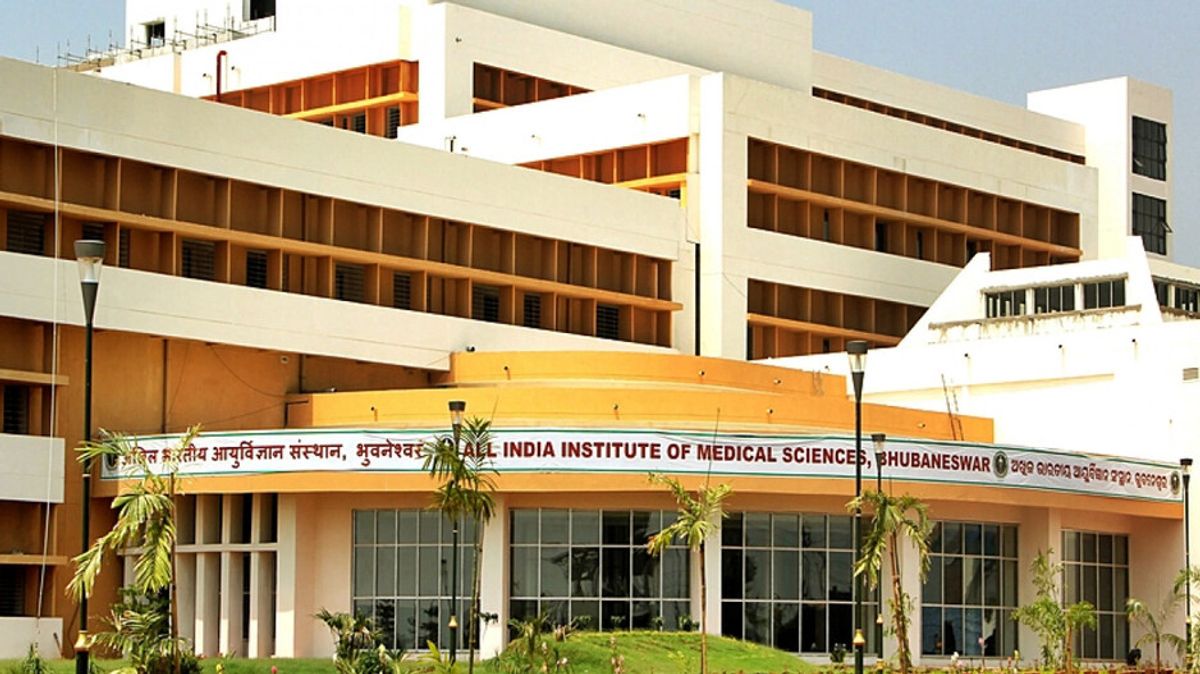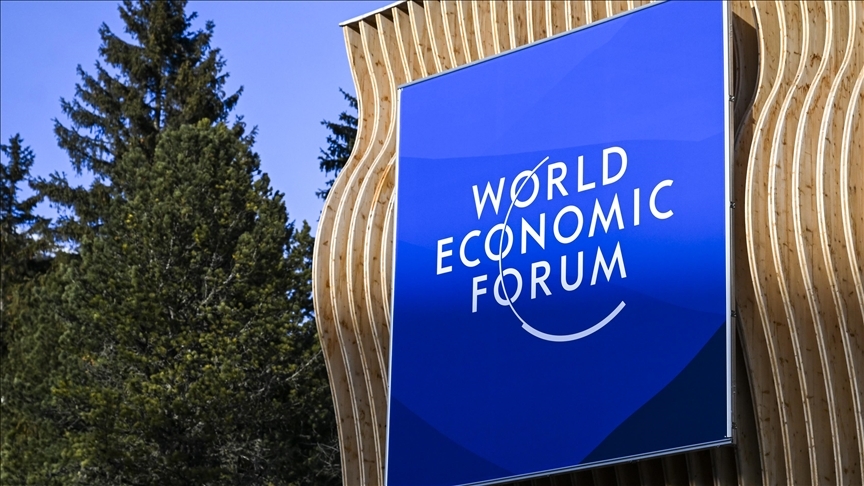_1749741743.jpg)

🌍 Arctic Heatwave Shatters Records in Greenland and Iceland, May Disrupt Global Monsoons
June 12, 2025 — An unprecedented heatwave has swept across the Arctic, with Greenland and Iceland recording their highest temperatures ever for early June, raising fresh concerns about accelerating climate change and its cascading effects on global weather systems — including the Indian monsoon.
🔥 Temperature Records Broken
Meteorological data confirms that parts of Greenland experienced temperatures 10°C above normal, with coastal areas nearing 20°C, far beyond seasonal averages. In Iceland, Reykjavík recorded 25.6°C, breaking a 70-year-old record.
Scientists warn this isn’t an isolated anomaly but part of a dangerous warming trend that’s melting Arctic ice at a historic rate.
"These temperatures are highly unusual. Arctic amplification is now directly disrupting weather patterns across the Northern Hemisphere," said Dr. Erik Jónsson, a climate researcher in Reykjavik.
📈 Global Climate Data Confirms Trend
These extreme temperatures align with satellite data from the Copernicus Climate Change Service, which reported that May 2025 was the second-warmest May globally on record, just behind 2020. Arctic regions warmed the fastest.
The Arctic sea ice extent has also dropped 15% below the 1981–2010 average, contributing to rising sea levels and loss of reflective ice surface — further intensifying global warming.
☔ Possible Impact on Indian Monsoons
Climatologists are especially concerned about the ripple effect this Arctic event could have on Asian monsoon systems, particularly in India.
The jet stream distortion caused by Arctic warming could lead to monsoon delays or irregular rainfall, affecting agriculture and water resources for millions. A weakened or late monsoon season could further strain India’s already-stressed water supply and food security outlook.
"We are closely watching the Arctic developments. Changes there often impact tropical weather, especially the South Asian monsoon," said Dr. Anamika Verma, a meteorologist with IMD.
🧊 Why This Matters
Greenland & Iceland saw all-time high June temperatures
May 2025: Second warmest May globally (Copernicus data)
Potential disruption to Indian and Southeast Asian monsoons
Accelerated Arctic ice melt and rising sea levels
Threat of weather instability across Europe and Asia
Note: Content and images are for informational use only. For any concerns, contact us at info@rajasthaninews.com.
"इको-फ्रेंडली इनोवेश...
Related Post
Recent News
Daily Newsletter
Get all the top stories from Blogs to keep track.











